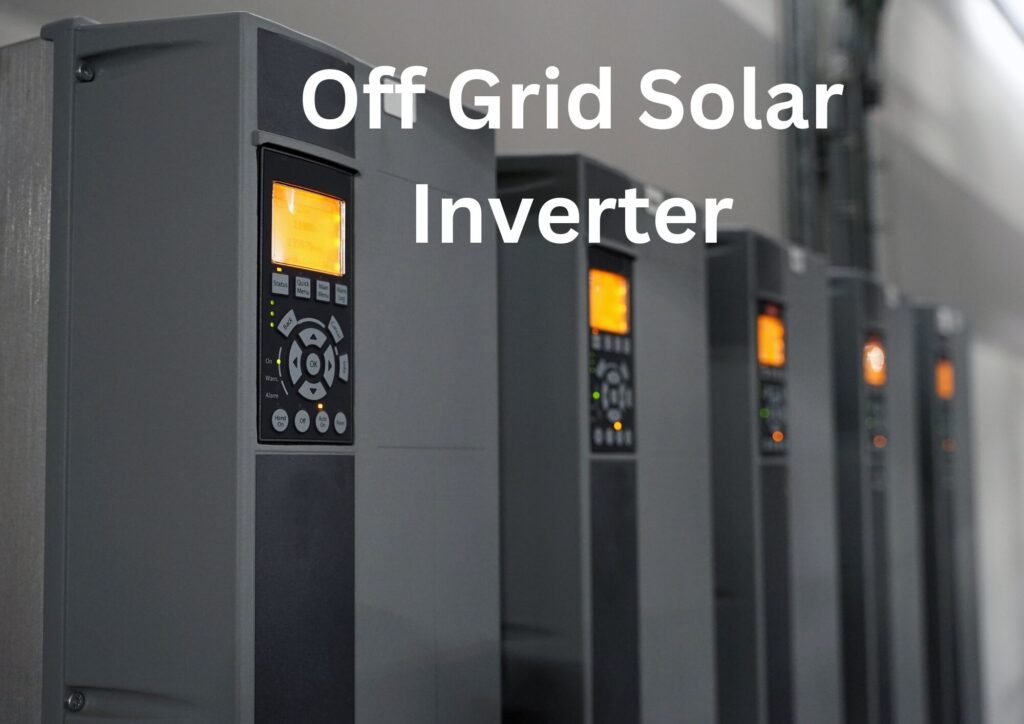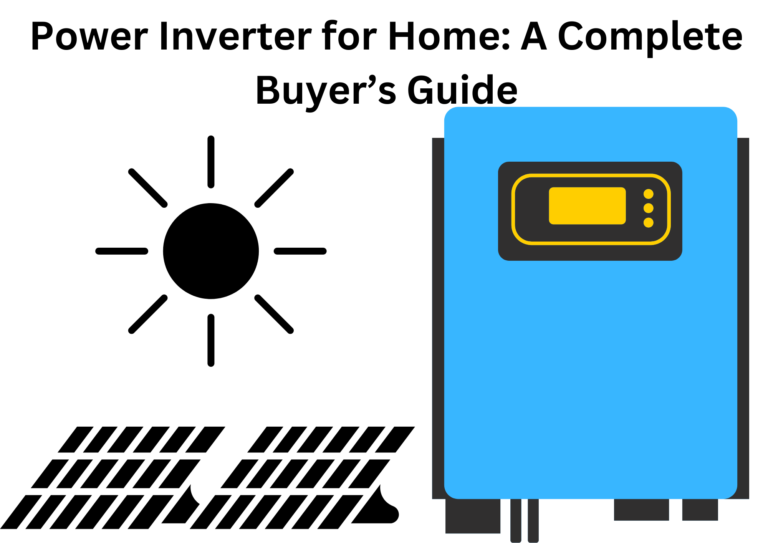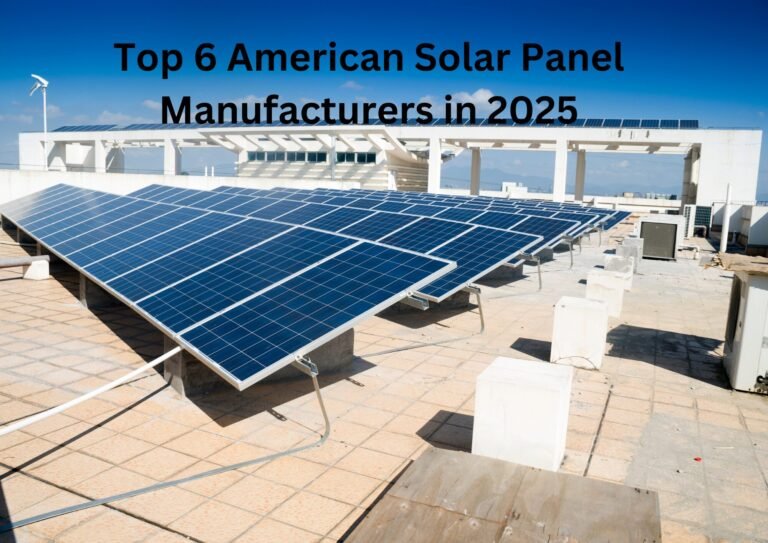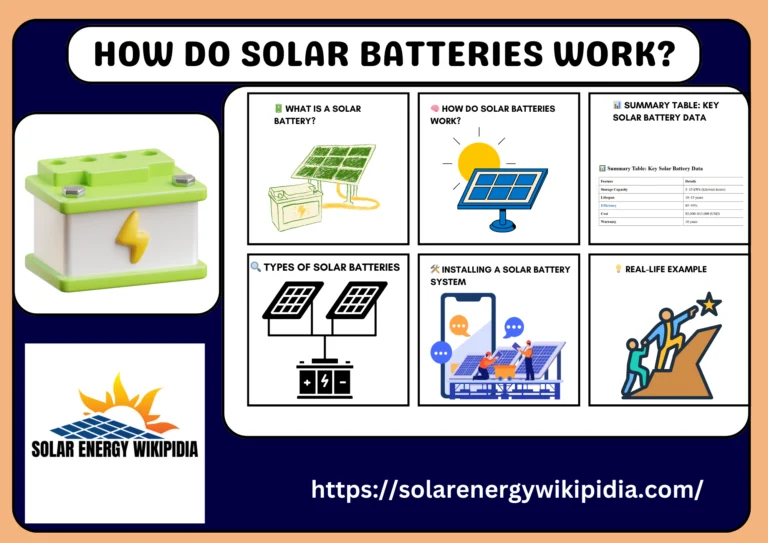
The benefits of an off grid solar inverter for efficient, sustainable energy solutions.
An off grid solar inverter is a crucial component in standalone solar power systems that transforms the direct current (DC) electricity generated by solar panels into alternating current (AC) electricity that can power standard household appliances. Unlike grid-tied inverters, off grid inverters work with battery banks to store excess energy for use when sunlight isn’t available, making them ideal for remote locations without access to utility power.
Table of Contents
What is an Off Grid Solar Inverter?
An off grid solar inverter transforms direct current (DC) electricity from solar panels into alternating current (AC) electricity for household use.
The Benefits of Using an Off Grid Solar Inverter
An off grid solar inverter offers great energy independence, allowing you to generate your own power without relying on the grid. It helps reduce electricity costs by using renewable solar energy. This system is perfect for areas where traditional power sources are unreliable or unavailable. Additionally, it contributes to a cleaner environment by reducing reliance on fossil fuels.

With an off grid solar inverter, you can enjoy a reliable energy supply even during power outages. It works well in remote locations, providing power where grid access is limited. These inverters are easy to maintain and can last for many years, ensuring long-term savings. Overall, they offer a sustainable solution for your energy needs.
The Cost of Off Grid Solar Inverters: What You Need to Know
The Initial Cost of Off Grid Solar Inverters
The initial cost of an off grid solar inverter can vary based on the brand and size. On average, prices range from $500 to $3,000. Higher-end models with advanced features may cost more.
Ongoing Maintenance and Savings
Off grid solar inverters require minimal maintenance, which helps keep long-term costs low. The savings on electricity bills can make the system cost-effective in the long run. In most cases, a system pays for itself within a few years.
| Type of Off Grid Inverter | Average Cost | Expected Lifespan |
| Small Inverters | $500 – $1,500 | 10-15 years |
| Mid-Range Inverters | $1,500 – $2,500 | 15-20 years |
| High-End Inverters | $2,500 – $3,000+ | 20+ years |
How to Choose the Right Off Grid Solar Inverter?
Consider Your Power Needs
When choosing the right off grid solar inverter, consider how much power you need. Make a calculation of your household’s total energy consumption. This helps you pick the right size inverter for your needs.
Look for Quality and Efficiency
Select an inverter with good efficiency ratings and reliable performance. High-quality inverters last longer and require less maintenance. Make sure to check customer reviews for feedback on reliability and ease of use.
Future Innovations in Off Grid Solar Inverter Technology

Smarter Inverters with AI Integration
In the future, off grid solar inverters will use artificial intelligence for better energy management. AI can help optimize energy usage by predicting consumption patterns. This will lead to more efficient power usage and reduced waste.
Increased Energy Storage Solutions
With advances in battery technology, off grid solar inverters will be paired with more powerful energy storage systems. These innovations will store excess energy for later use, ensuring a continuous power supply. This will make off-grid living even more reliable.
Improved Efficiency
Future off grid solar inverters will have higher efficiency rates, converting more solar energy into usable electricity. This will reduce energy loss, making solar power more effective. It will also lower the cost per kilowatt-hour of energy.
Compact and Affordable Models
In the future, off grid solar inverters will become more compact and affordable. Advances in technology will allow manufacturers to create smaller inverters with the same power capacity. This will make them accessible to more people.
Better Durability and Longevity
Future off grid solar inverters will be more durable, lasting longer in harsh conditions. They will be built to withstand extreme weather, such as heat and rain. This will reduce maintenance costs and increase their lifespan.
Integration with Smart Homes
Off grid solar inverters will become fully integrated with smart home systems. This will allow users to control their energy usage from smartphones or other devices. Smart technology will help manage and optimize energy flow throughout the home.
Advanced Monitoring and Control
Future off grid solar inverters will feature advanced monitoring systems. These systems will provide real-time data on energy production and usage. Users will be able to track performance and adjust settings for maximum efficiency.
Sustainability and Eco-Friendly Materials

The next generation of off grid solar inverters will use more eco-friendly materials. These materials will reduce the environmental impact of production. Innovations will focus on sustainability while maintaining high performance and reliability.
Conclusion
Off grid solar inverters provide an excellent solution for those seeking energy independence. They are efficient, reliable, and environmentally friendly. With advances in technology, they will continue to improve in performance and affordability. Whether for remote areas or sustainable living, off grid solar inverters offer a smart choice for the future.
FAQs: Best Off Grid Solar Inverter for 2025
1. What is an off grid solar inverter?
An off grid solar inverter converts solar power into electricity for use in homes without connection to the main grid.
2. How do off-grid solar inverters work?
It takes energy from solar panels, converts it to AC power, and supplies electricity to your home or battery storage.
3. Can off grid solar inverters power an entire home?
Yes, if sized correctly, off grid solar inverters can power an entire home, depending on energy needs and storage.
4. What are the benefits of using an off grid solar inverter?
They provide energy independence, reduce electricity costs, and are environmentally friendly.
5. How long does an off grid solar inverter last?
Off grid solar inverters typically last between 10 to 20 years, depending on maintenance and quality.








1 thought on “Best Off Grid Solar Inverter for 2025”